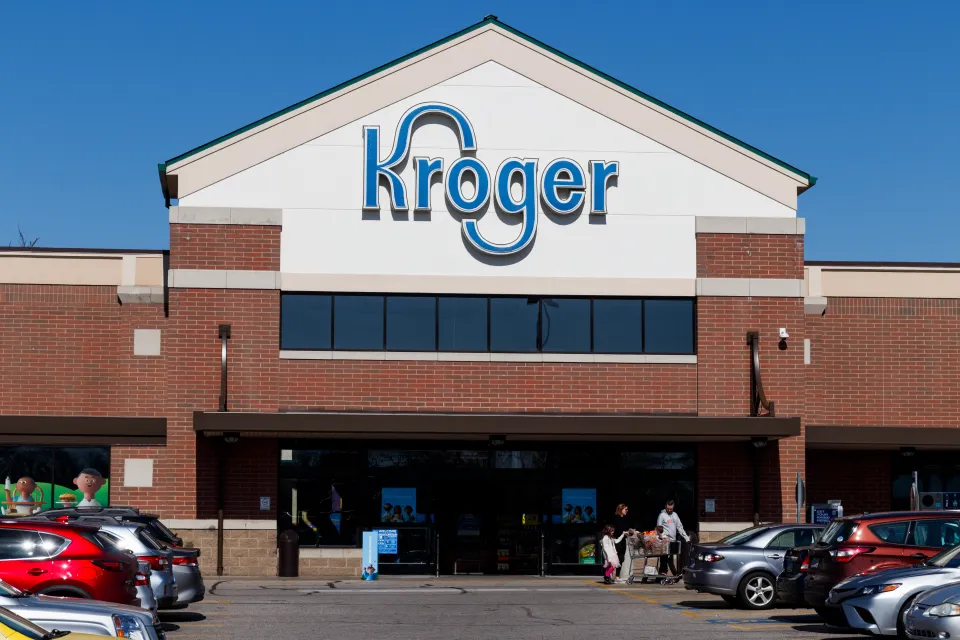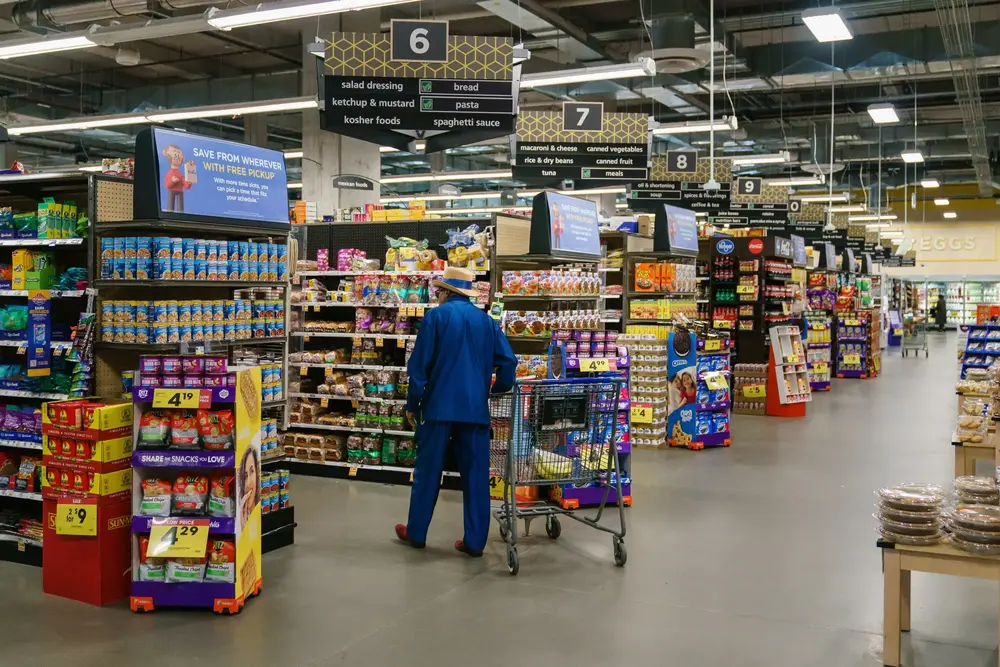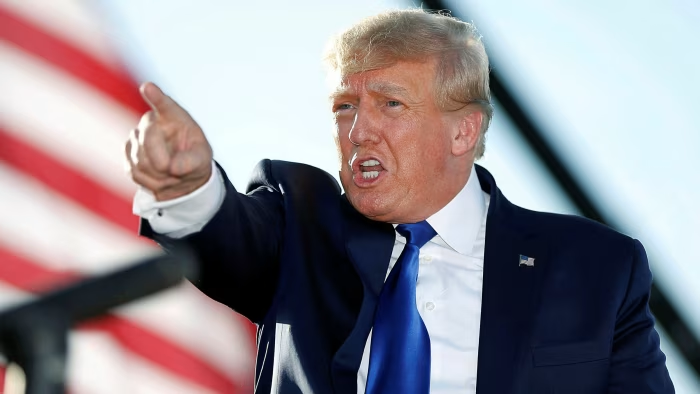Kroger CEO says grocery price increases come from credit card fees and fuel costs, not supermarket markups: “We aren’t responsible”

Kroger CEO Rodney McMullen pointed the finger at rising fuel prices and credit card swipe fees for pushing up grocery bills during a court hearing on Wednesday. The testimony came as Kroger and Albertsons face off against the Federal Trade Commission, which is attempting to block their $24.6 billion merger over concerns about market dominance.
The trial, currently underway in Portland, Oregon, is expected to wrap up by the end of September. During his time on the stand, McMullen was asked by a company attorney to explain what’s been driving food prices higher in recent years.

In response, McMullen cited a familiar list: higher operating expenses and steeper costs from suppliers, according to a report by Reuters. But he insisted that if the merger is allowed to move forward, Kroger wouldn’t need to keep raising prices.
“We believe over time, value will be increasingly important and you can’t price your items above the market,” McMullen said in court on Wednesday, per Reuters.
That comment follows scrutiny from the FTC just last week, when a lawyer grilled another Kroger executive about an internal email concerning price hikes for basic staples like milk and eggs. According to Bloomberg, the email, sent by Andy Groff—Kroger’s senior director for pricing—suggested that the company had raised prices more than its own costs had increased.
“On milk and eggs, retail inflation has been significantly higher than cost inflation,” Groff wrote to senior leaders in March, as reported by Bloomberg.
Pressed on the contents of that message, Groff testified that Kroger’s pricing strategy aimed to “pass through our inflation to consumers,” per Bloomberg.
A spokesperson for Kroger later downplayed the significance of the correspondence, telling Business Insider’s Natalie Musumeci: “This cherry-picked email covers a specific period and does not reflect Kroger’s decades-long business model to lower prices for customers by reducing its margins.”
The timing of the courtroom drama is key, as it plays into a larger national conversation around food costs. Both major presidential candidates have latched onto the issue as part of their broader economic agendas. Just last month, Vice President Kamala Harris introduced a plan for a federal ban on grocery price gouging—the first of its kind.
The proposal received a mixed response from industry voices and economists. Some dismissed the idea as government overreach and questioned its feasibility in practice.
Meanwhile, former President Donald Trump claimed he could bring down everyday costs through energy policy alone.
“So when I win, I will immediately bring prices down, starting on day one. We will end Kamala’s war on American energy, and we will drill baby drill. We’re going to drill baby drill. That’s going to bring down prices of everything, because energy brought it up,” Trump said at a recent press event.
Still, not everyone is convinced Trump’s plan is even possible.
“It’s mostly just bluster, because the president actually doesn’t have any direct control,” said Michael Webber, a professor of energy resources at the University of Texas at Austin, in an interview with The Wall Street Journal.
Sources:
- https://www.supermarketnews.com/mergers-acquisitions/kroger-ceo-fuel-credit-card-fees-other-expenses-have-raised-grocery-costs-not-gouging
- https://www.economicliberties.us/press-release/ftc-blows-up-kroger-albertsons-spin-making-strong-case-for-merger-pause/
- https://abcnews.go.com/GMA/Food/kroger-ceo-vows-1b-price-cut-groceries-albertsons/story?id=113412717



